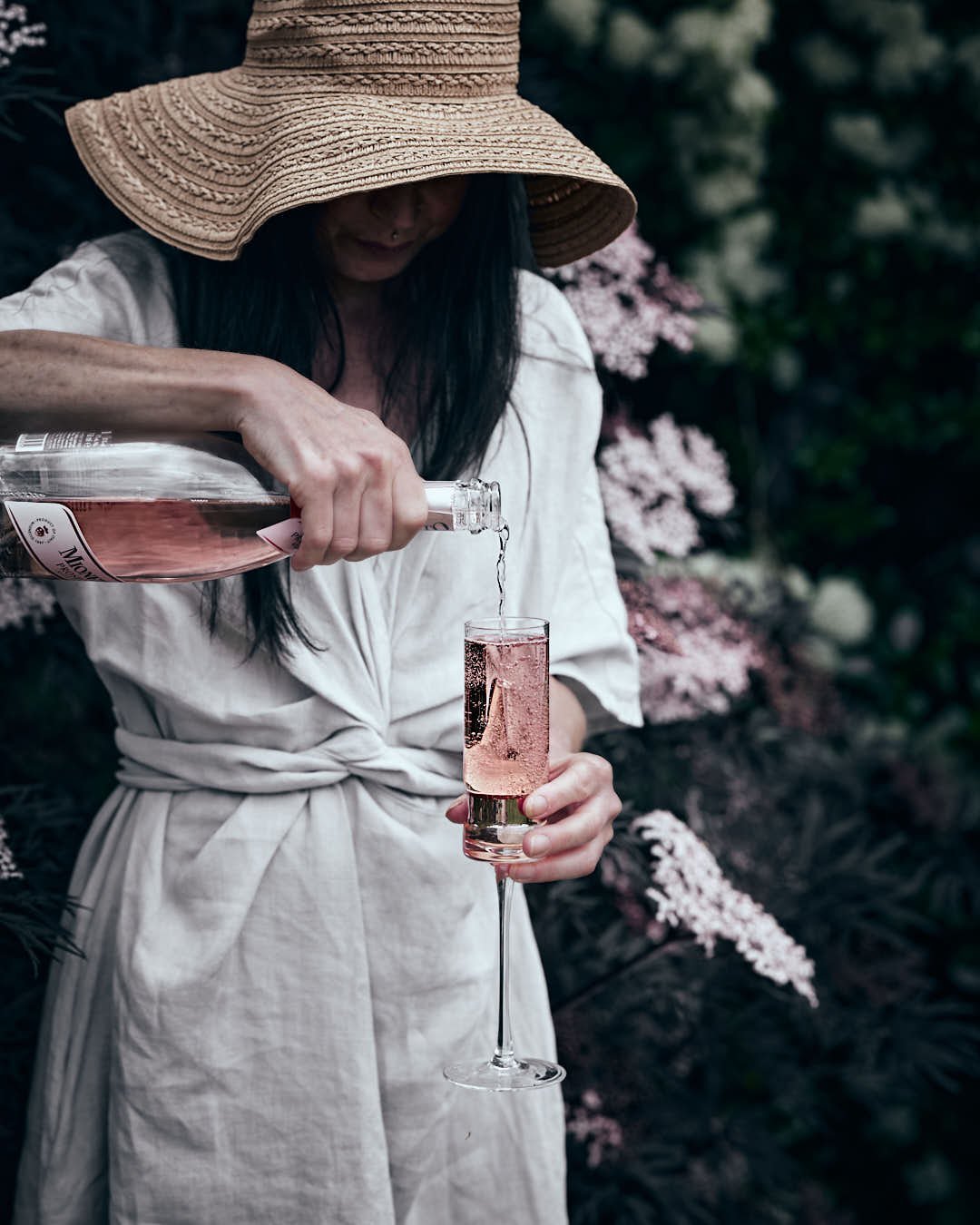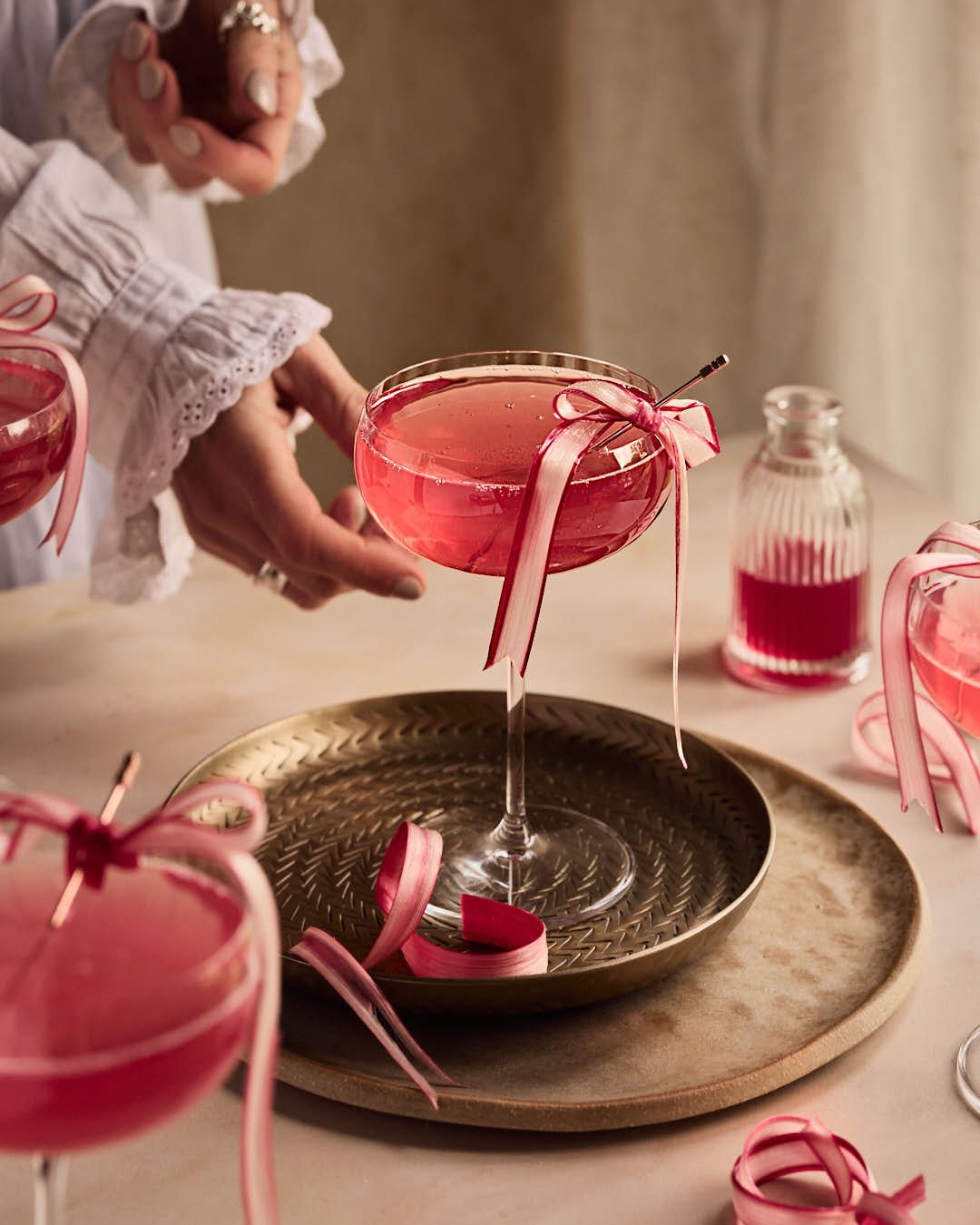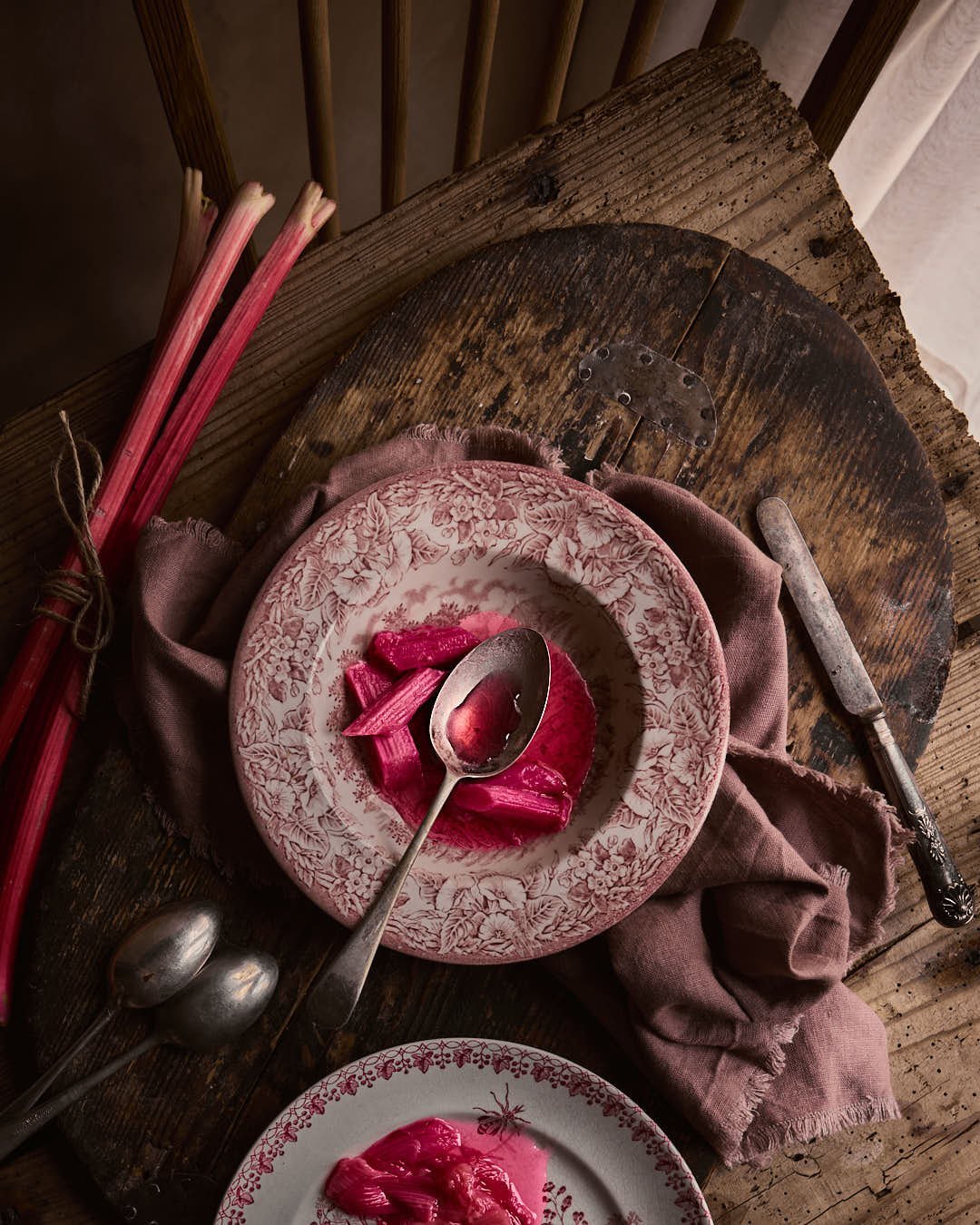Visual Storytelling Series | Suze Morrison
Award-winning recipe developer and photographer Suze Morrison creates captivating and emotive visual stories from her home in the UK. She is wildly talented and infuses her work with hints of the natural world. Her visual stories are undeniably striking, using natural and artificial light. Her love of home cooking and food comes across all of her photography and videography work. You can see more of her beautiful work here.
1. What does visual storytelling mean to you?
Its a means of drawing people into your world, embracing them with all you sense in the moment, the sights, sounds and smells. Through visual aids you are able to stimulate all the senses to transport your viewer to wherever you want them to be, evoke emotion and encapsulate them if even for just a moment.
2. When did you start to develop your own style?
My style still evolves as I explore new ideas and concepts. I have always been drawn to moodier images, and I feel that shows in my work; even my bright captures have deep shadows. I fell in love with colour grading as soon as I began to experiment, as it is such a powerful tool to evoke a certain mood.
3. Do you feel like the style of your work is a “product of your environment/home?”
Definitely. If it weren’t, it wouldn’t be ‘my’ work; it would be drawing from other people’s work. I am at home in nature, foraging, and cooking from scratch, so I feel these are all the main elements of my work.
4. Your work has a moody beauty about it– was that always there from the beginning or did it slowly evolve with you?
I think the mood was definitely an evolution as I started very light and bright, but it never felt ‘comfortable’ for me, like I was producing something awkward. The deep shadows emulate my own personality, someone who is happier out of the limelight and leading a quiet, more introverted life. The shadows in my work echo my own desire to be ‘half- lit’
5. When crafting a visual story of a place, recipe, or for a client, where do you begin your creative process?
For me, it always begins with the mood I want to evoke, and the first question I ask myself is ‘cool or warm’ once I have a basis for the temperature of my visual story, I begin to piece together the elements of where I want my viewer to be taken to. Is it a country kitchen, full of the aroma of baked bread, or is it a solitary moment by a window contemplating a warm drink. I create a storyline and base my composition around it.
6. Storytelling is so subjective; everyone has a unique eye and creative voice. How would you suggest new photographers to define theirs without being swayed by new styles or trends?
I guess it would be to stay true to who you are. If you are an outgoing, flamboyant personality, show it with vibrant colours and captivating motion. If you are more shy and reserved, consider whether this is a quiet, bright reservation or a deeper, more emotive dark place. Create what you love, if you are passionate about it, it will show.
7. Does sensitivity play a role in your creative process?
Absolutely, sensitivity for myself and others. My work is deeply personal to me and if I am feeling low or down, it will show in the tones of my creations. When I am feeling lighter and brighter, again this will show.
8. In the creative planning process, do you map out every detail or leave room for spontaneity and play?
I am definitely spontaneous and allow the story to guide me. Some ideas look so different on set, so I am always open to changing my mind if it seems right. I definitely live in the moment for my captures.
9. What is your favorite type of light to shoot in? (I think I can guess!) And does that carry a specific emotion for you in general?
I used to love artificial light and actually lost all confidence with natural light, so last year I packed away all my artificial light and fell back in love with natural light. Now I only use artificial light for action in drinks photography as the raw beauty and ability of natural light to change in an instant is so enthralling
10. Is writing an equally important part of your creative process?
Absolutely yes! I enjoy creative writing so much and I feel it’s the ideal companion to my images to complement the visual story
11. So much can be said in the composition of a photograph; how do you let the scene “live” naturally without it feeling overly styled or contrived?
I think it’s because I create as I would have it in my own kitchen, a little mess, not too much and all the implements I would naturally use. Styling is often overthought and that’s when it begins to look false.
12. Lastly, what or who inspires you right now? What are you working on or looking forward to?
There are so many creatives who inspire me from all different aspects. Right now I am focused on learning some exciting new videography skills with a friend as I am so loving pushing my creative boundaries





